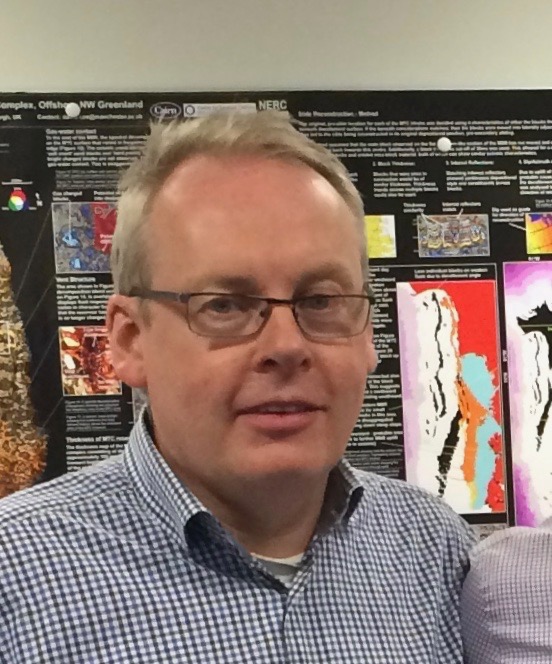SAGE Record 094, Redfern
Redfern, J., 2022, Integrating outcrop and subsurface geology to unlock the future resources in Libya: SAGE Record 094, 1 p., <http:/sagetech.orgsage_record_094_redfern/>. Keynote oral presentation at SAGE/ESSL BIGEC 2022, 30 Aug.–01 Sept. 2022, Benghazi, Libya, and Online.
KEYNOTE PRESENTATION: Integrating Outcrop and Subsurface Geology to Unlock the Future Resources in Libya
Jonathan Redfern (University of Manchester, Manchester, UK)

Libya has huge resource potential, for oil, gas and critical mineral resources, as well as future renewable resources and carbon sequestration. It is nearly 70 years since first oil was discovered, so what is needed to unlock remaining assets? The key is access to data, driving new research that re-appraises the old models. Integrating outcrop data with the wealth of subsurface data to build a robust framework to understand the evolution and distribution of resource plays. Adopting GIS databases and digital technology is fundamental, but we can’t get away from doing the ground work, methodical quality geology. The presentation will review existing distribution of petroleum systems across Libya, where the plays may be extended, and examples of research integrating outcrop and subsurface geology in a GIS environment to bring the rocks to the desktop…!
BIOGRAPHY: Jonathan Redfern has over 35 years of experience in industry and academia. He is the Director of the North Africa Research Group at the University of Manchester (www.narg.org.uk), where he leads a large team of PhDs, Postdocs, and Researchers who have been undertaking fieldwork/studies across North Africa for over 20 years, sponsored by leading energy companies. Jonathan obtained his BSc from Chelsea College, London University and a PhD from Bristol University. He began his career in the oil industry, working as a geologist in the North Sea for Fina UK, then ingternationally with Petrofina and Amerada Hess for 15 years. He later moved to academia to develop geoscience research and teaching programmes. His research interests include regional geology and basin analysis, fluvial and glacial sedimentology. In 2020, the Energy Transition Centre for Master Training (CMT) was initiated, a UK initiative to foster collaboration among academia, industry and government to tackle the urgent training challenge in geoscience and engineering.

